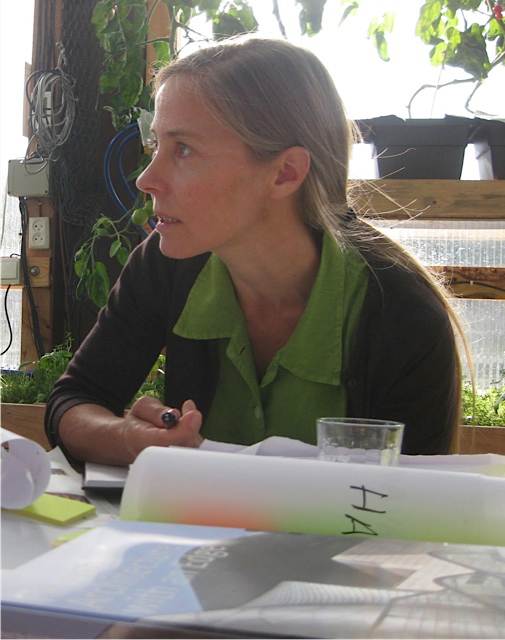Letter from our Book Series Editor

Eeva Berglund
I am the new editor of EASA’s book series and I’d like to invite association members to consider submitting proposals for both edited collections and monographs for the series published by Berghahn Books.
The series has several works in the pipeline, and it will continue to publish intellectually compelling work on current and emerging topics of interest, concerned with any part of the world. You can find out more about the series and how to prepare a book proposal at www.easaonline.org/bookseri.shtml.
Publishing is a collective enterprise and I would like to thank all the people who have submitted or reviewed proposals and manuscripts. I would also like to extend my heartfelt thanks to my predecessor, James Carrier, who is seeing through the publication of the books that he commissioned. A full list of acknowledgements will appear in the next Newsletter.
I took over as editor in October at the AGM in Brussels. I live in Helsinki where I have an association with the University. For several years I’ve lived more on the edges of academia than at its core, and working with the EASA series was a natural step on a route I’ve been on for some time, one that appears to be leading me back to my early passion, anthropology.
I think I can explain why. Recently the discipline has expanded into domains of social life that were formerly not its primary concern, but anthropology has not lost its special features. While much social science and humanities research today is plagued by a sense of epistemological crisis, anthropology has the potential to make robust and consequential claims by respecting and building on a disciplinary tradition whose ethos is firmly grounded in empirical description and practical engagement. The best anthropology often draws simultaneously on current interdisciplinary trends and its own, genuinely globe-embracing, tradition. This does make demands of the reader, and it means that anthropology may remain relatively marginal as measured by such novelties as scientometric indices. And yet, in its experience-near description and philosophical rigour, good anthropology is likely to remain as intellectually compelling as it is politically important.
I look forward to hearing from you at eeva.berglund(at)helsinki.fi.
Eeva






